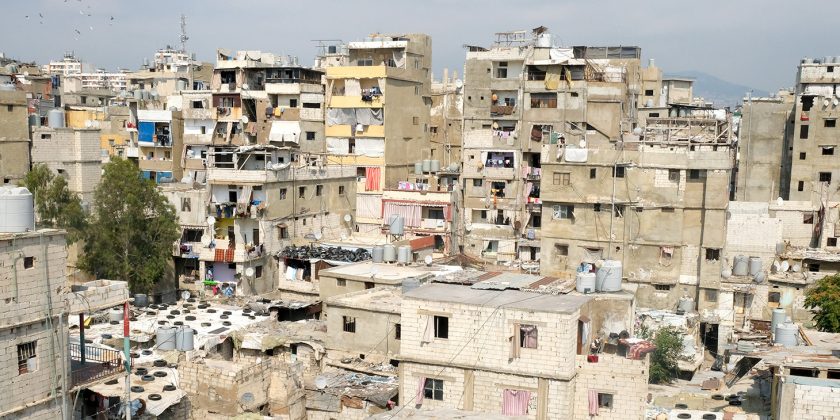Only once safety concerns in Syria are met will refugees weigh trade-offs in conditions in their host and home country
After twelve years of civil war and a 7.8 magnitude earthquake in February 2023, much of Syria’s infrastructure and public services remain devastated. Many Syrians fear persecution and ongoing violence from the government and opposition forces that have regularly targeted civilians. Despite this, the governments of countries hosting the 5.5 million Syrian refugees often see their return as the preferred solution to displacement. A question often missing from this conversation is whether Syrian refugees themselves want to go home. And if so, under what conditions?
In a new paper, IPL researchers conducted a representative survey of 3,000 Syrian refugees living in Lebanon about their intentions to return. They found 63 percent intended to return someday, but only five percent in the following year. Looking at two years in the future, 59 percent of respondents wished to be in Syria, but only 27 percent expected to. For many refugees, it simply was not realistic to go home anytime soon.
What influences refugees’ decision making? Contrary to popular frameworks that emphasize the role of conditions in the host country, our research found conditions in Syria—mainly safety—were the most important predictors of refugees’ return intentions.
In Lebanon, many refugees lack reliable access to education, healthcare, stable housing, and safe transportation. The researchers had expected that those worse off in Lebanon would be more likely to say they intended to move back to Syria. Yet even among those experiencing significant hardships, these legal, economic, and social factors weren’t correlated with higher intentions to return. Our research instead pointed to a threshold model: until safety concerns in Syria improved, conditions in Lebanon had little effect on return intentions.
What do these findings mean for policymakers? First, efforts to push Syrian refugees to return are unlikely to be effective as long as Syria is unsafe—even for those facing hardship in host countries. Second, although most Syrian refugees may eventually return, more than a third expect to remain in Lebanon, including some of those who wish they could return. Many of these refugees live in very difficult situations, suffering from poverty, hostility, and formal restrictions on their mobility that need to be addressed. The ongoing support and funding of the international community is critical to improve their living conditions in the years ahead.
Read the full piece here.







